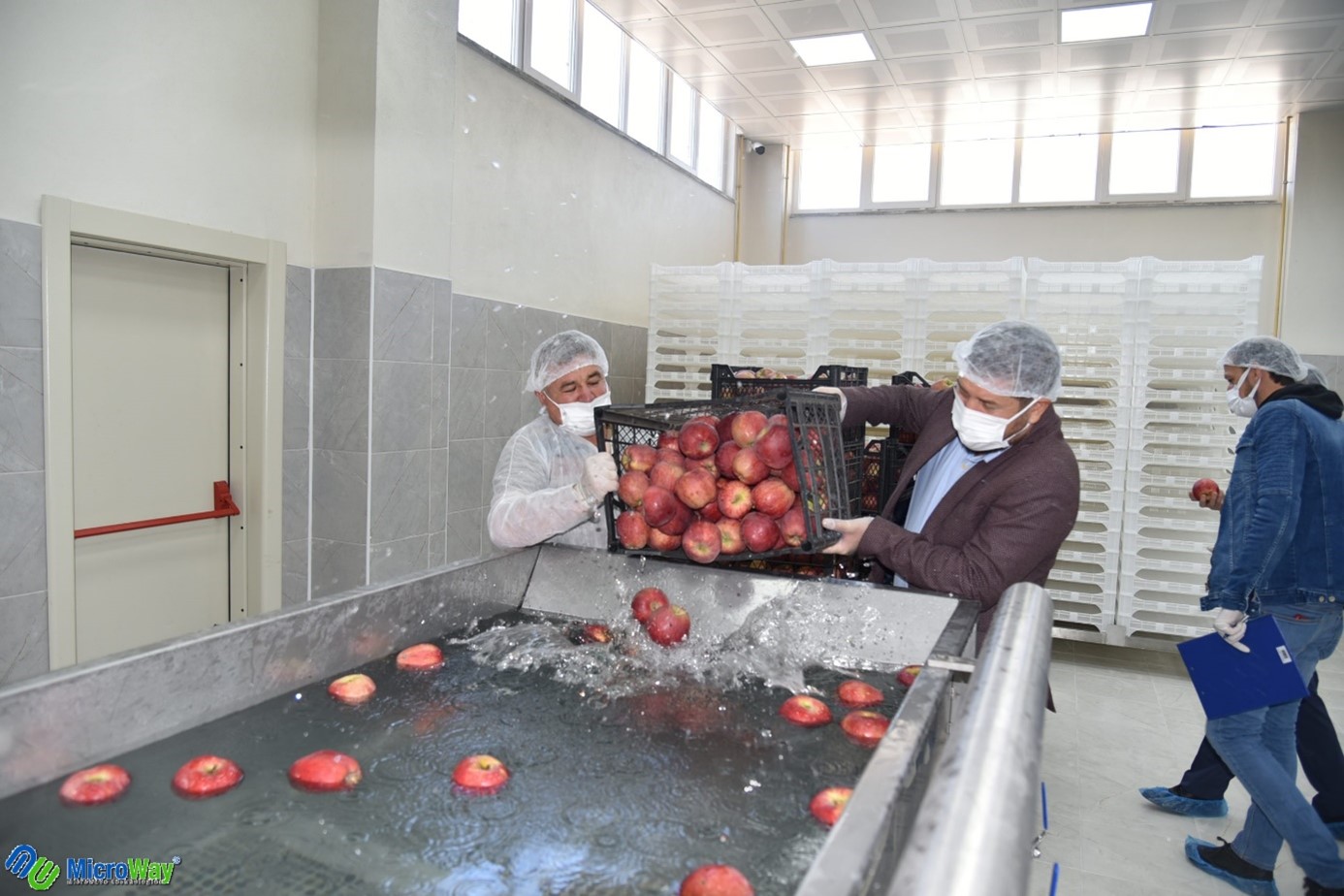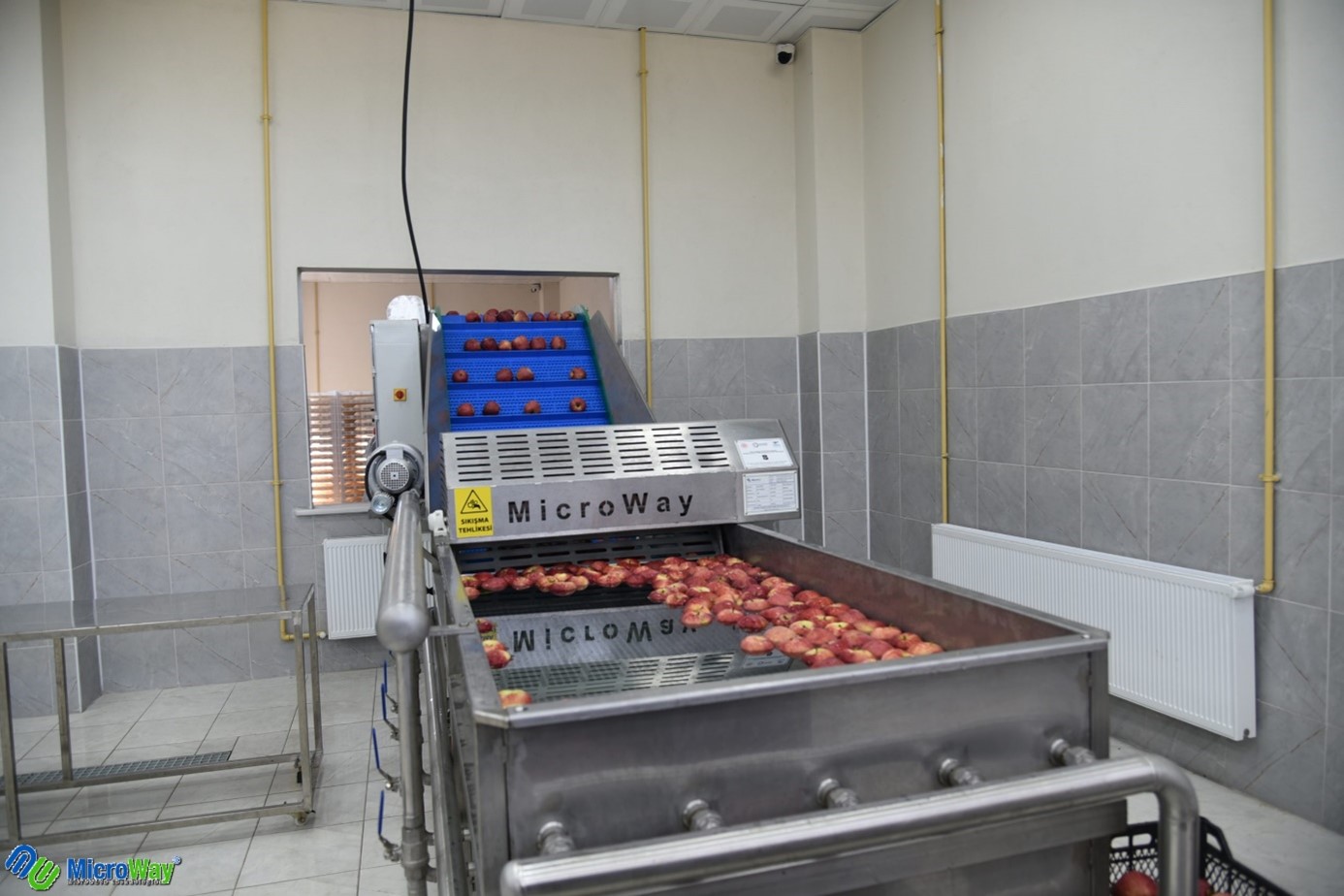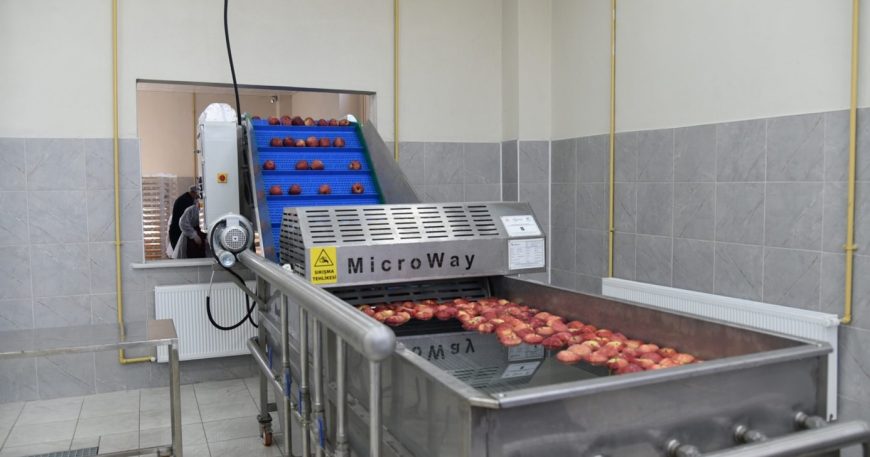Fruit and Vegetable Washing Pools Unveiled:
In the agricultural expanse of Turkmenistan, where the bounty of fruits and vegetables graces the fields, the utilization of washing pools has become integral to preserving the freshness and quality of the nation’s harvests. This article explores the significance, functionalities, and impact of these washing pools, shedding light on how they contribute to enhancing the agricultural landscape in Turkmenistan.Fruit and vegetable washing pools stand as indispensable components in the post-harvest process. These pools provide a controlled and efficient environment for cleaning freshly harvested produce, ensuring the removal of dirt, pesticides, and contaminants before reaching consumers.

Turkmenistan’s Diverse Harvests:
The agricultural mosaic of Turkmenistan, with its expansive cotton fields, fruit orchards, and vegetable gardens, showcases the diversity of crops that contribute to the nation’s food security. Fruit and vegetable washing pools cater to this diversity, addressing the unique cleaning needs of various produce, from cotton bolls to luscious melons.
Preserving Quality in Turkmenistan’s Cuisine:
Turkmen cuisine, known for its reliance on fresh and locally sourced ingredients, benefits significantly from the use of washing pools. By ensuring the cleanliness of , these pools play a vital role in preserving the quality and nutritional value of the ingredients that form the backbone of Turkmen dishes.
Efficiency in Post-Harvest Handling:
The efficiency of fruit and vegetable washing pools streamlines the post-harvest process in Turkmenistan. As these pools facilitate the thorough cleaning of produce, they contribute to reducing the risk of contamination, promoting food safety, and extending the shelf life of fruits and vegetables.
Adaptability to Turkmen Farms:
Washing pools are designed to accommodate the needs of both large-scale agricultural enterprises and local farms in Turkmenistan. Their adaptability ensures that farmers across the nation, from the expansive plains of Mary to the smaller plots in Lebap, can integrate efficient post-harvest handling practices.

Economic and Health Impacts:
The use of washing pools has economic implications for Turkmenistan’s agricultural sector. By ensuring the quality and safety of produce, these pools enhance the marketability of crops, leading to increased income for farmers. Furthermore, by promoting food safety, they contribute to the overall health and well-being of the population.
Environmental Considerations in Turkmenistan:
Fruit and vegetable washing pools, when equipped with water recycling systems, align with Turkmenistan’s commitment to environmental sustainability. These systems minimize water wastage, addressing the importance of responsible water usage in agriculture.
Turkmenistan’s Agricultural Tomorrow:
As Turkmenistan looks toward the future, fruit and vegetable washing pools stand as guardians of freshness and quality in the nation’s harvests. Their integration into agricultural practices reflects a commitment to delivering safe and nutritious produce to both local and global markets.Get acquainted with the production capacity of the Microway brand.


